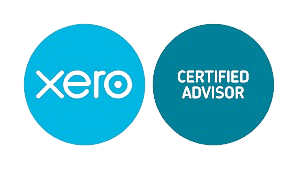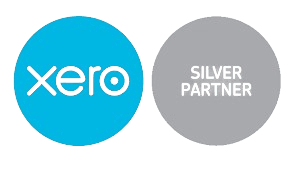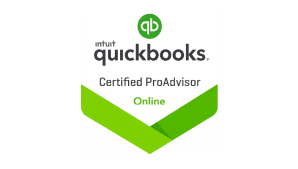ISLAMABAD: The Federal Board of Revenue (FBR) has now extended its e-invoicing and sales transaction integration regulations to encompass all taxpayer categories—both corporate and non-corporate sectors.
According to Adnan Mufti, partner at Moore Shekha Mufti, Chartered Accountants, the FBR issued a revised framework under SRO 709(1)/2025 dated April 22, 2025, pursuant to Rule 150Q(2) of the Sales Tax Rules, 2006. This directive mandates all corporate and non-corporate entities to digitally integrate their systems with the FBR’s centralized e-invoicing platform.
The move, however, has led to uncertainty among businesses as many remain unsure whether the rule is still FMCG-specific or now applies to the wider taxpayer base.
Previously, the FBR had introduced Rule 150Q through SRO 1525 dated November 10, 2023. Under this rule, SRO 28 issued on January 10, 2024, limited e-integration to the FMCG sector alone, effective February 1, 2024.
This changed with the issuance of SRO 69 on January 29, 2025, which introduced an entirely revised version of Rule 150Q. Following this, the recent SRO 709 extended the scope of integration to all taxpayer categories and introduced new compliance deadlines set for May and June 2025.
Mufti noted that since the original version of Rule 150Q has been replaced, the earlier SRO 28 stands nullified. He emphasized that the FBR must officially rescind SRO 28 or release a clarification to resolve confusion and prevent potential legal disputes.
He also criticized the FBR’s decision to allow just a week’s time for corporate sector compliance without engaging stakeholders, calling the move impractical. The urgency is evident, he added, as the Sales Tax General Orders needed for full execution of the scheme have not yet been published.
Mufti urged the FBR to involve all key stakeholders—including ICAP, PBC, FPCCI, and KTBA—to ensure effective implementation of the new procedures and to address any technical or legal issues thoroughly.





